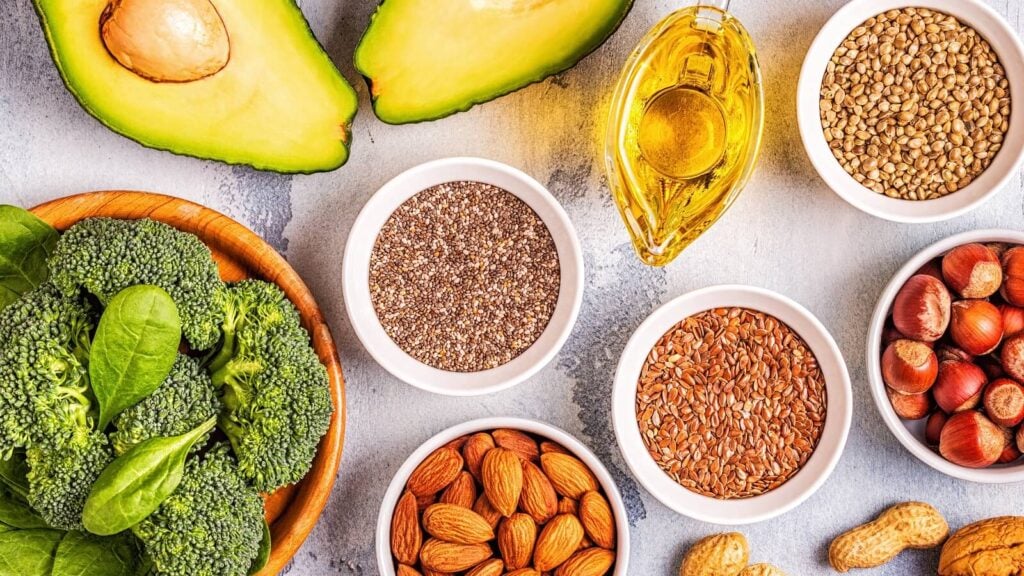Omega 3 fats are a group of unsaturated fats that are important for heart health. Non-vegans get it from oily fish such as sardines, salmon, and mackerel.
But new research has found that plant-based omega-3 fatty acids are also equally beneficial to heart health and can reduce the risk of heart disease for people who don’t eat seafood.
Research published in Advances in Nutrition and reported on by Science Direct, found that consuming alpha-linolenic acid (ALA), which can be found in foods like walnuts and flaxseeds was associated with a 10 percent lower risk of cardiovascular disease and a 20 percent reduced risk of fatal coronary heart disease.
Omega 3 for vegans
Professor of Nutritional Sciences at Evan Pugh University Penny Kris-Etherton said the review proves there are many ways of getting the recommended amounts of omega-3 fatty acids.
“People may not want to eat seafood for a variety of reasons, but it’s still important for them to consume omega-3s to reduce the risk of heart disease and to promote overall health.
“Plant-based ALA in the form of walnuts or flaxseeds can also provide these benefits, especially when incorporated into a healthy diet rich in fruits, vegetables, and whole grains.”
Assistant teaching professor of nutrition at Evan Pugh University Jennifer Fleming said they also found evidence that seafood eaters could get additional benefits from eating plant-based omega-3s.
“When people with low levels of omega-3s in their diet ate ALA, they saw a benefit in terms of cardiovascular health.”
“But when people with high levels of omega-3s from other sources ate more ALA, they also saw a benefit. It could be that ALA works synergistically with other omega-3s.”
ALA benefits in plant-based food
ALA can reduce cholesterol, and has positive effects on blood pressure and inflammation.
This could explain ALA’s benefits to heart health, according to Emilio Ros, a researcher from Barcelona University.
“We were able to find evidence supporting current dietary guidelines that ALA should provide about 0.6%–1% of total energy in a day, which is about 1.1 grams a day for women and 1.6 grams a day for men and can be incorporated into the diet with foods such as walnuts, flaxseeds, and cooking oils such as canola and soybean oils.”






